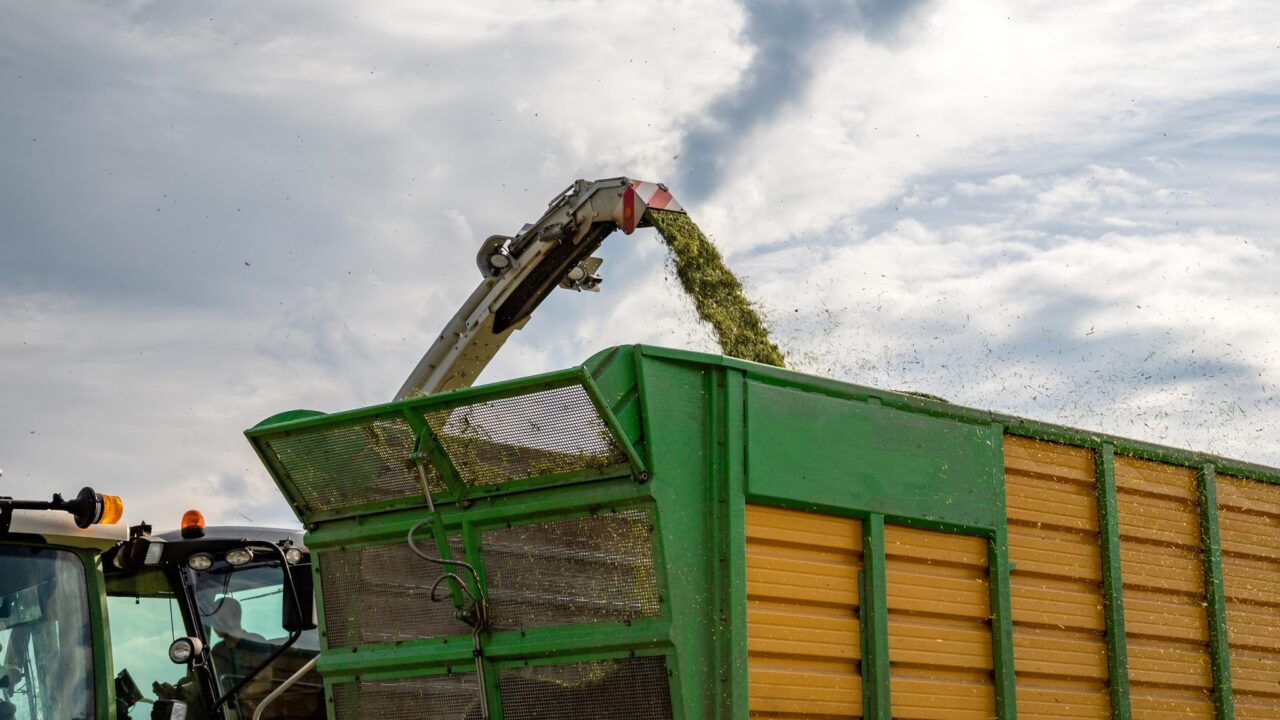Livestock farmers are being advised to assess feed requirements because ongoing dry weather conditions could impact on future supplies, according to the Agriculture and Horticulture Development Board (AHDB).
The statutory levy board, which is funded by UK farmers, growers and others in the supply chain, has warned that the lack of rainfall – particularly in drier regions where it has not rained for weeks – could “significantly slow growth, reduce silage yields, and impact grazing availability”.
According to the UK’s Met Office, the country is experiencing the “driest spring in over a century, which can affect the development of both cereal crops and grass”.
In light of this, AHDB has warned that because many cattle and sheep farmers rely on grazing during the summer and harvesting silage for winter food stocks, now is the time “to make plans to help mitigate against poor grass growth”.
Katie Evans, AHDB senior knowledge exchange manager, said: “There was a strong start to the grass growth season with favourable conditions.
“May tends to be a big growth month and early statistics have shown good growth rates achieved early in the month.
“However, the lack of rainfall, particularly in the driest regions where it hasn’t rained for weeks, could significantly slow growth, reduce silage yields, and impact grazing availability.”
Farmers
Evans believes that farmers should assess both summer and winter feed requirements and start building contingency plans.
This could include reviewing silage stocks, being prepared to cut earlier than usual to prioritise feed quality over bulk and considering fast-growing catch crops for summer or autumn grazing.
Evans said: “Grazing management is especially important during dry periods. Rotational grazing can help protect residuals and reduce plant stress, and where pasture supply is tight, using buffer or supplementary feeding early can protect sward recovery later in the season.
“It’s about being proactive, resting paddocks, avoiding overgrazing, and planning to preserve pasture cover.
“These small decisions now can help maintain long-term resilience and avoid bigger challenges later in the year.”
First cuts
According to AHDB, where first cuts have been lighter than expected, farmers should monitor second-cut potential carefully.
The board has warned that low regrowth due to dry conditions could mean later or reduced second cuts, and it may be more effective to shift management strategies.
This could include diverting poorer fields to grazing or introducing alternative forage crops.
Evans added: “It’s also important to remember that young stock turned out onto short pastures can be at greater risk of worm burdens once rain does come.
“With less herbage intake and no built-up immunity, monitoring growth rates and using faecal egg counts will be key to prevent setbacks in performance”.
AHDB has also highlighted that the “increasing unpredictability and occurrence of extreme weather events is seeing farming put under even greater strain”.
It points to data from the UK Climate Projections (UKCP18) which suggests this uncertainty is set to continue and that the UK could have a warmer climate while the “intensity and frequency of extreme events such as heavy rainfall, heatwaves, and droughts will increase”.
Meanwhile modelling carried out by AHDB on different temperature increase scenarios up to the year 2100 shows that there is an “immediate risk” to farming productivity from extreme weather events such as heatwaves, drought, high rainfall, and flooding impacting livestock and crop output.

